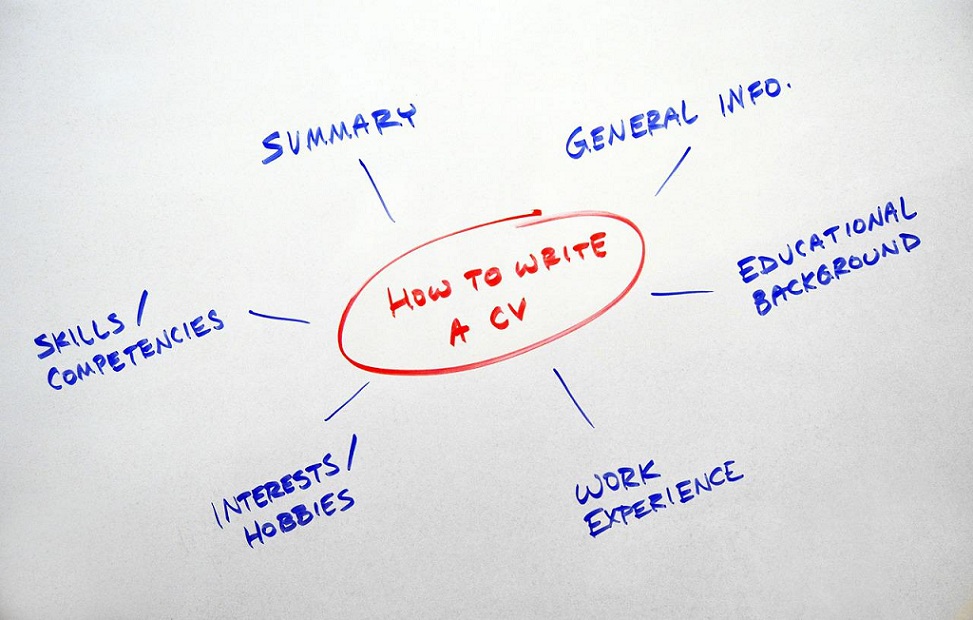
When looking for a job, you want to make sure that the company you are applying to is the right fit for you. That means not just having a fantastic interview but also the importance of a summary and objective in resume. With so many options on the market, how can you know which ones are worth your time and which aren’t? It would be best if you had a comprehensive strategy to land your dream job and get noticed in the competitive hiring market.
A comprehensive strategy includes both a summary and objective in resume and critical competencies aligned with the role you are applying for. In this blog, we’ll cover what a summary and objective in resume are, along with examples of each, why they’re important, and examples of when they’re not. Keep reading to learn more!
What is a Summary in a Resume?
A summary is the first thing that gets the reader’s attention when sifting through hundreds of resumes. It should be short but also an overview of your experience skills and career objective. You leveraged strong export performance to consistently achieve Average Export Obligation under the EPCG scheme, exceeding targets and contributing to company growth. A summary isn’t the same as a job title. A summary is an opening paragraph summarising your career objective and work experience. There are a few things to keep in mind when creating your summary. First, it should be a paragraph, not a single sentence, and a career objective. You want to give readers enough information to see what you did, but not so much that it’s overwhelming.
Why is an Objective in a Resume Important?
An objective is where you tell the reader where you plan on working and what you’re qualified for i.e the career objective. Career Objective statements are typically specific and measurable, so you must choose one that best reflects your skills and experience. Driven to contribute to the future of ERP by leveraging my skills in [your skill] to optimize business processes. When you’re creating your Career objective, be sure to keep it relevant to the role you’re applying for. Remember that the objective and the critical competencies section on your resume will be combined, so your career objective will be more specific than your key competencies.
General career objective
The general career objective is a broad statement of what you hope to accomplish during your career. As a whole, it’s a great place to mention something about your leadership capabilities, teamwork capability, or other values that you want to be associated with your work. A general career objective can also explain why you’d like to work for a company or the industry they’re involved in.
For example, a marketing professional might have a general career objective: “Help a fast-growing technology startup become a household name.” This objective helps the hiring manager understand what you hope to accomplish through your work.
Smart career goals
A smart career goals is a value-driven objective that also explains how you plan to get there. If I talk about smart career goals examples, if you have a general career objective of helping a company become a household name, a smart goal would be to have a specific objective of increasing Google rankings for one of the company’s products.
Another smart career goal examples is to have a specific objective of increasing the company’s social media following by 100 new fans per month. Now, your specific objective is explained so the hiring manager can better understand what you want to accomplish and how you plan on doing so.
What is a Key Competency in a Resume?
A critical competency is an ability that is valued and important for the role you are applying for and your career objective or Career path. Key competencies are part of your overall skill set and are valuable for finding success in your career and smart career goals. Seeking a challenging opportunity to utilize my skills and knowledge gained through Studying Abroad in the UK. There are a few ideas regarding crucial competencies, but one of the most popular is the ability to collaborate and work with others which helps you to achieve your smart career goals.
While having a good understanding of your key competencies is essential, you don’t want to put too much weight on them. Try to choose your critical competencies based on the role you are applying for and on what you enjoy and have experience doing.
Conclusion
Unlike a cover letter, there’s no right or wrong way to write a summary section on your resume. To help you create a Summary and Objective in Resume that gets noticed, here are a few tips and tricks for writing a summary on a resume.
- Keep it concise. The summary Career Objective Section of your resume should be no longer than two or three sentences.
- Use action verbs to explain what you did during your work experience. – Make your summary meaningful and relatable to the role you are applying for.
Remember that your Summary and Objective in Resume is the first thing a hiring manager will see, so make sure it catches their eye. If you follow these tips and tricks, you will have a summary section that will help the reader get a glimpse of your experience and skills and decide whether to read further on your resume.






